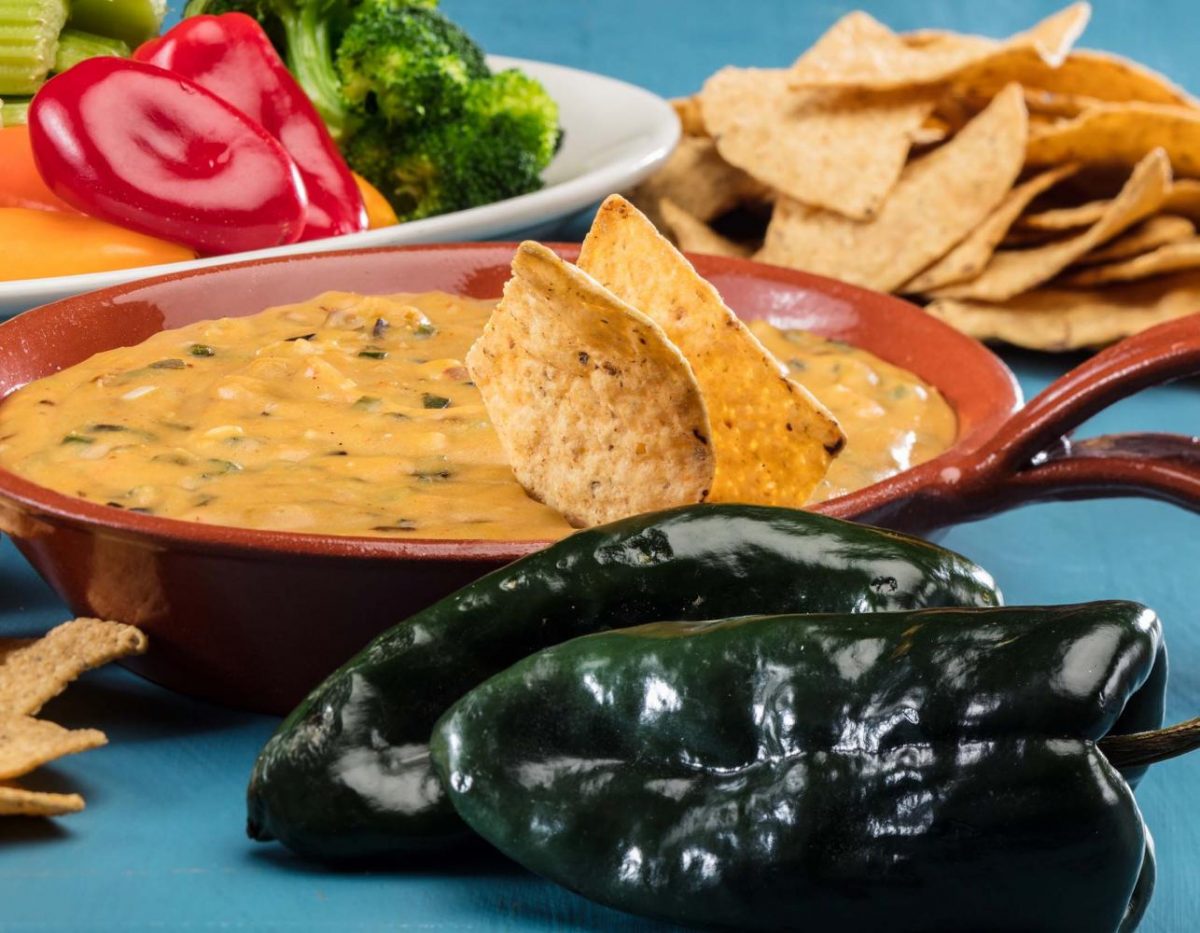Health and environmental benefits of veganism
Opinion columnist Brenna Wolfe discusses veganism and some of the benefits that come with a vegan diet.
Sep 28, 2017
What is veganism? Veganism is a lifestyle of abstaining from the use of animal products, particularly in diet, and an associated philosophy that rejects the commodity status of animals.
Having a vegan diet means not eating any animal products like honey, eggs, milk, oils or meat. Practicing veganism means buying products that have not been tested on animals, avoiding clothing from animals, not going to animal entertainment like zoos or circuses and other actions of that nature.
A vegetarian is someone who does not eat meat, but still eats animal products like eggs, milk, butter, etc. I have been a vegetarian for about eight years, and I am currently transitioning to veganism.
I am not a crazy vegan who yells or shames people for eating meat and animal products. Every group has loud voices that give a bad image for others. The point of my column is to share just some of my reasons for my lifestyle and to educate.
This is not a call for everyone to be vegan; these are simply my thoughts and reasons. I am transitioning to veganism because of health, environmental and economic reasons.
According to the American Dietetic Association, “appropriately planned vegetarian diets, including total vegetarian or vegan diets, are healthful, nutritionally adequate.”
Not only can a plant-based diet give you all the nutrition you need, but it can also result in disease prevention. A vegan diet prevents heart disease because animal products are the main source of saturated fat and the only source of cholesterol in a diet (The Physicians Committee).
A plant-based diet avoids these altogether and the increased amounts of fiber in a veg diet helps reduce cholesterol levels, given that animal products contain no fiber.
Other great health benefits include reversing diabetes, lowering blood pressure and stopping the growth of cancer (Vegetarian Times). Physical benefits of a plant-based diet include weight loss, more energy, healthy skin, longer life expectancy and reduced body odor (PETA).
If the health benefits are not enough, the environmental advantages are incredible. According to One Green Planet, the livestock sector is the top contributor to global warming at 18 percent (more than the entire transportation sector at 13 percent).
How is that possible? Well, the byproducts of livestock (farts) are 51 percent of all worldwide greenhouse gas emissions.
The amount of water that animals need is huge. Animal agriculture is responsible for 80 percent of all U.S. water consumption (One Green Planet). That means that it takes 660 gallons of water to produce one hamburger, 880 gallons to produce one gallon of milk and 1,799 gallons to produce one pound of beef (LA Times).
But aren’t plant-based diets expensive? Well, if you buy the fancy meat substitutes, yes it can be pricey. However, if you stick to canned or frozen fruits and vegetables, the diet is very inexpensive.
You get more food per dollar in a plant-based diet than a meat-based diet. I am financially independent, and I can afford a plant-based diet that includes pricey meat substitutes and frozen plants.
But what about protein? Believe it or not, there is protein in plant foods! Beans, nuts, seeds, tempeh, quinoa, soy and more are great sources of protein. Fun fact: 100 calories of broccoli has 11.1 grams of protein while 100 calories of beef has 6.4 grams of protein.
You may be thinking, so what? It’s not like one person is going to make a difference.
Well actually, one vegan saves 1100 gallons of water, 30 square feet of forest, 45 pounds of grain, and one animal’s life every single day (Commons Dreams). A plant-based diet produces 50 percent less carbon dioxide, uses 1/13th of the amount of water, and 1/18th of the amount of land for their food (Cowspiracy).
I encourage everyone to take the steps towards a plant-based diet. One less piece of meat every day is not only great for the environment, but it’s great for your health.









Mariah Girling • Sep 30, 2017 at 11:00 am
I loved reading this! I’m vegan, and it’s great to see positive representation of veganism.